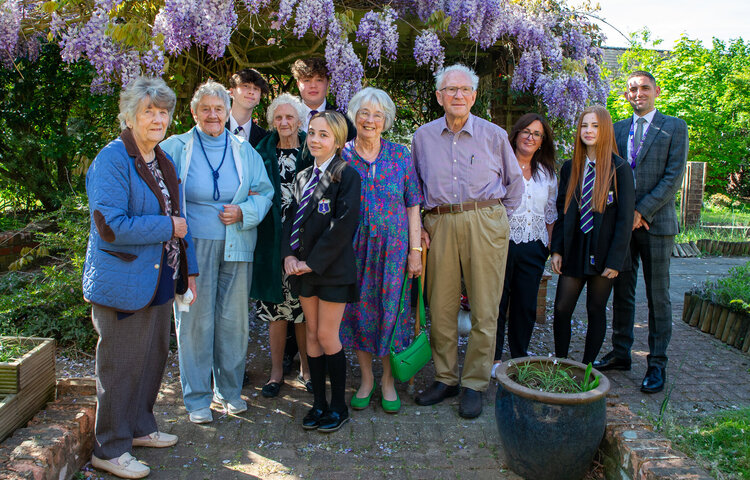Geography
Subject overview
The National Curriculum requires a high quality Geography education that equips students with knowledge about diverse places, people, resources, and natural and human environments - together with a deep understanding of the Earth’s key physical and human processes.
The Geography teachers aim to inspire the students to use their knowledge, skills and understanding to take responsibility for the world around them, be constantly aware of global issues and embrace the key concepts of sustainability and interdependence.
Geography Staff
| Mr Murray | Subject Leader of Geography |
| Mr Ryding | Teacher of Geography |
Key Stage 3 Geography
In Key Stage 3 we teach four/five topic areas within each year group. These topics start with Year 7 studying “Our local area”, which involves studying the Geography of Leyland and the surrounding area. Year 7 will then move further afield to explore the geography of the UK, then Europe and lastly global issues.
As students’ progress further through KS3 they will explore the world through place, pursuing a continental approach to learn concepts through. This includes topics such as “Amazing Asia”, through which students learn about globalisation, and North America, through which they explore plate tectonics and natural hazards.
These topic areas allow students to develop their understanding of key geographical topics and skills, which can then be built on in KS4 if students decide to continue their geographic education.
Key Stage 4 Geography
At Key Stage 4 we follow the AQA syllabus. This syllabus allows students to build on their Key Stage 3 knowledge and gives them the opportunity to complete two sets of fieldwork, the highlight of many of our students’ geographical education. Field work typically includes a study of the characteristics of a local river, and an urban based study of regeneration in Liverpool. GCSE Geography delves deep into key global issues such as poverty, urbanisation, climate change and includes a section on “issue evaluation” where students put their geographical problem solving to the test.
“The study of geography is about more than just memorizing places on a map. It’s about understanding the complexity of our world, appreciating the diversity of cultures that exists across continents. And in the end, it’s about using all that knowledge to help bridge divides and bring people together”
Barack Obama (former President of the USA).


